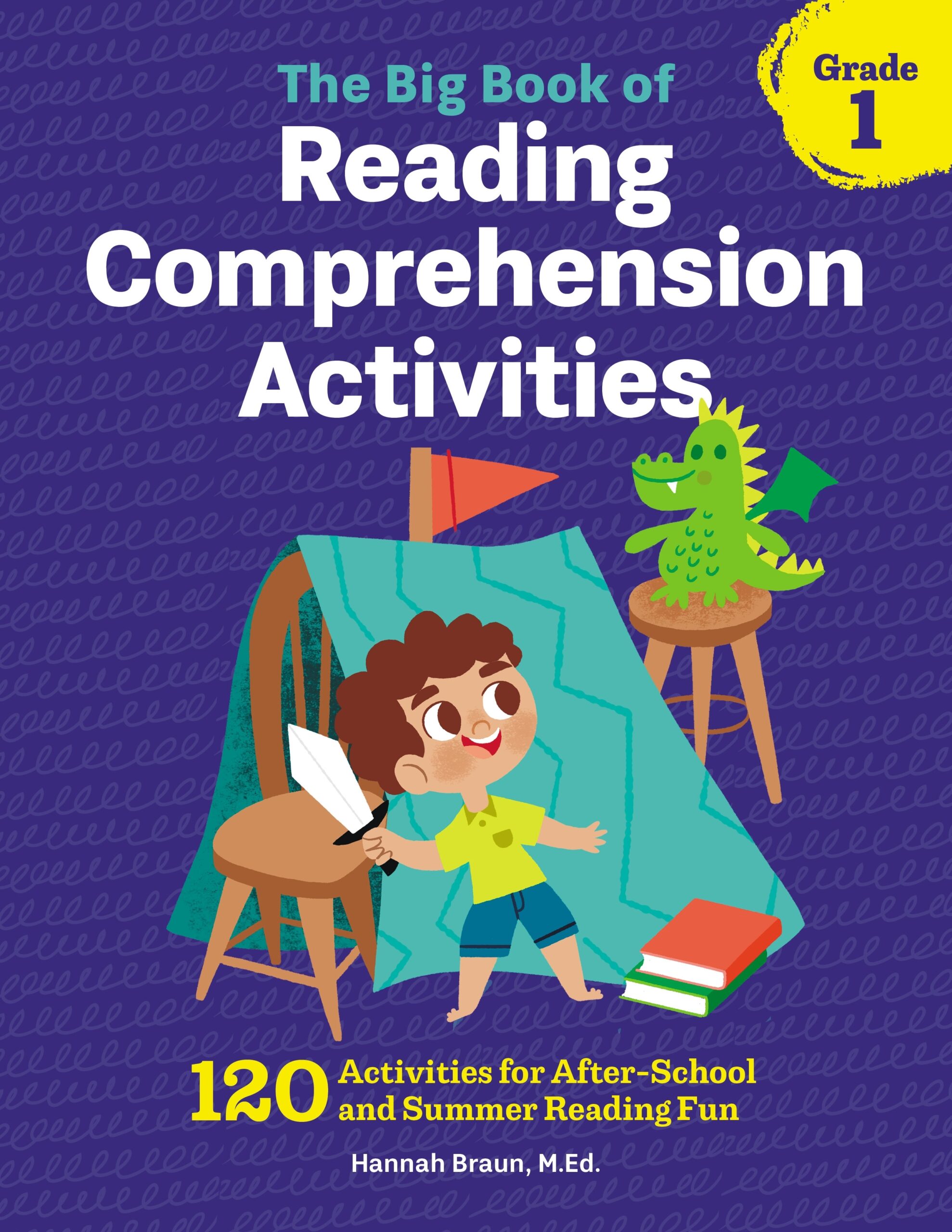Reading is an essential skill that children begin to develop at a young age. Grade 1 is an important time for children to start building their reading skills and fostering a love for books. Engaging children in fun and interactive reading activities can help them improve their reading comprehension and vocabulary while also sparking their imagination.
Introducing reading activities to grade 1 students can be a rewarding experience for both teachers and students. By incorporating games, storytelling, and hands-on activities, educators can create an engaging learning environment that encourages children to explore the world of literature.
Activity Reading for Grade 1
One fun reading activity for grade 1 students is a “book buddy” program, where children are paired up with a classmate to read together. This allows students to take turns reading out loud, helping each other with difficult words, and discussing the story. Not only does this activity improve reading skills, but it also promotes teamwork and social interaction among students.
Another engaging reading activity is creating a “storytelling corner” in the classroom. Teachers can set up a cozy area with pillows and blankets where students can read and share their favorite books with each other. This encourages children to explore different genres of literature and develop their storytelling skills.
Using picture books with interactive elements, such as lift-the-flap or pop-up books, can also make reading more exciting for grade 1 students. These books not only capture children’s attention but also help them make connections between words and images, enhancing their comprehension skills.
Incorporating reading comprehension games, such as word puzzles, scavenger hunts, or storytelling dice, can make learning to read more enjoyable for grade 1 students. These activities not only reinforce reading skills but also encourage critical thinking and problem-solving.
Overall, activity reading for grade 1 is an important way to foster a love for reading and improve literacy skills in young children. By making reading fun and interactive, educators can help students develop a lifelong passion for books and learning.
